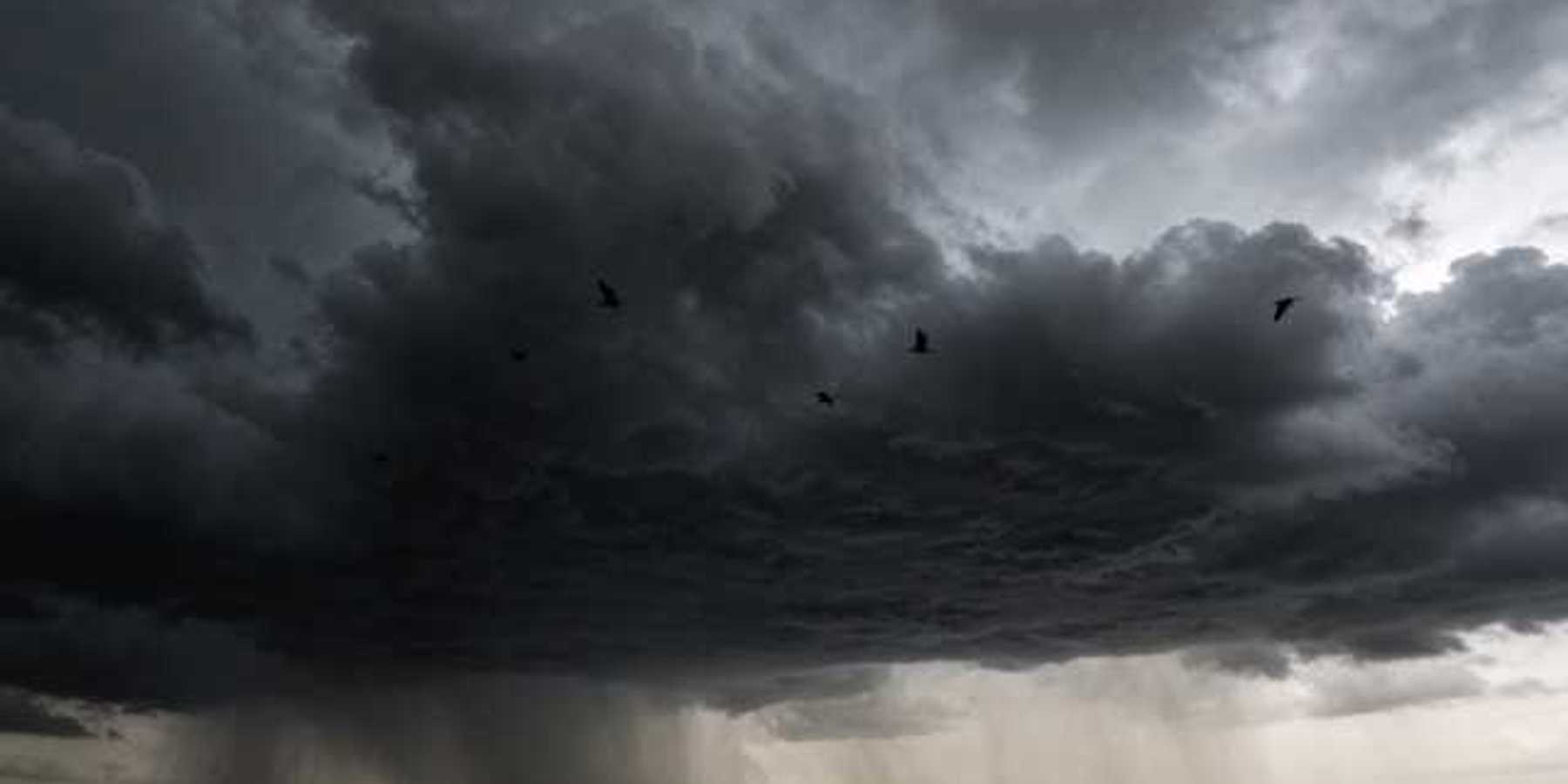Louisiana carbon capture project sparks safety and environmental concerns
A proposed carbon capture facility in St. Rose, Louisiana, has raised environmental and safety concerns among residents, highlighting the potential risks of a $4.6 billion project in a historically Black community already burdened by pollution.
Yessenia Funes reports for Vox.
In short:
- The carbon capture and storage project in St. Rose aims to capture over 99% of carbon dioxide emissions during ammonia production, but residents are concerned about additional pollutants and safety risks.
- The project is part of a larger initiative supported by federal climate legislation, which increased tax incentives for carbon storage, sparking rapid development across Louisiana.
- St. Rose residents, who already face high pollution and health risks, fear that the new plant will exacerbate existing issues, especially since the area lacks adequate medical facilities.
Key quote:
“High levels of ammonia are deadly, and even lower levels from normal operations can cause breathing problems.”
— Kimberly Terrell, director of community engagement and research scientist at the Tulane Environmental Law Clinic
Why this matters:
Carbon capture projects, while aiming to mitigate climate change, can impose significant local health and safety risks, particularly in vulnerable communities. One of the primary concerns is the potential for CO2 leaks from storage sites. While rare, a leak could displace oxygen in the surrounding area, posing asphyxiation risks to people and animals. Such an event would be particularly hazardous for vulnerable communities, including those with limited access to medical services or those already facing environmental health challenges.












